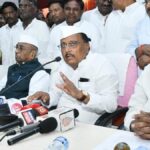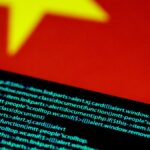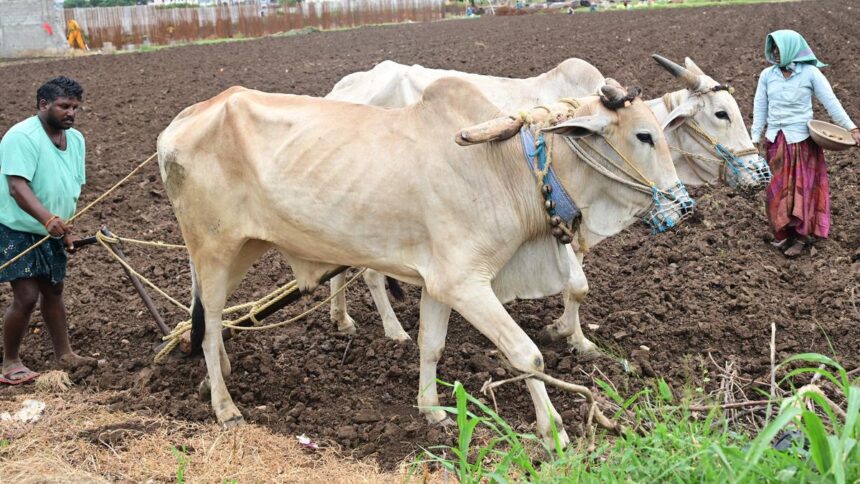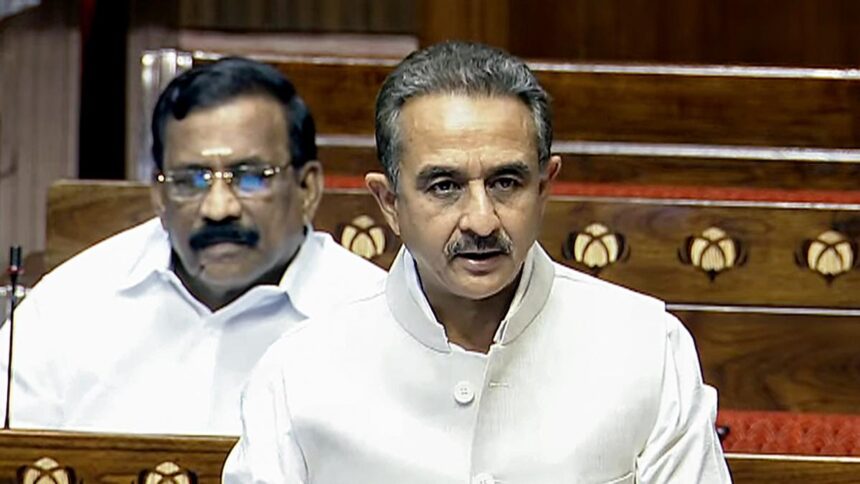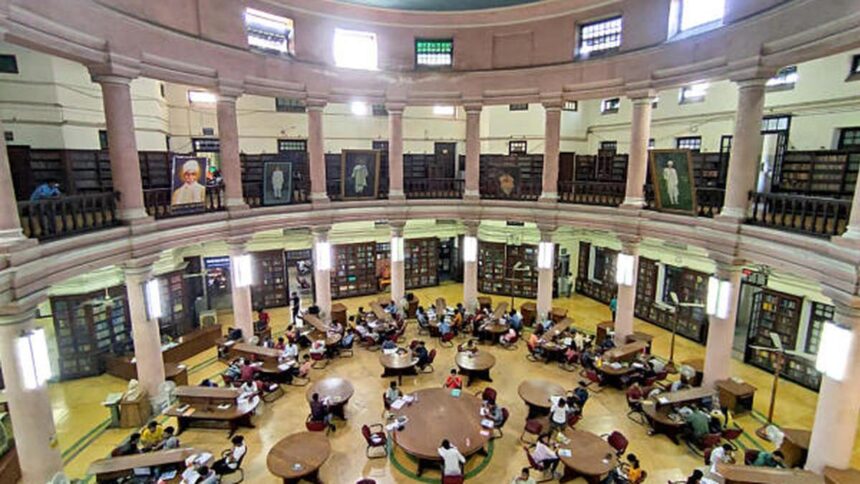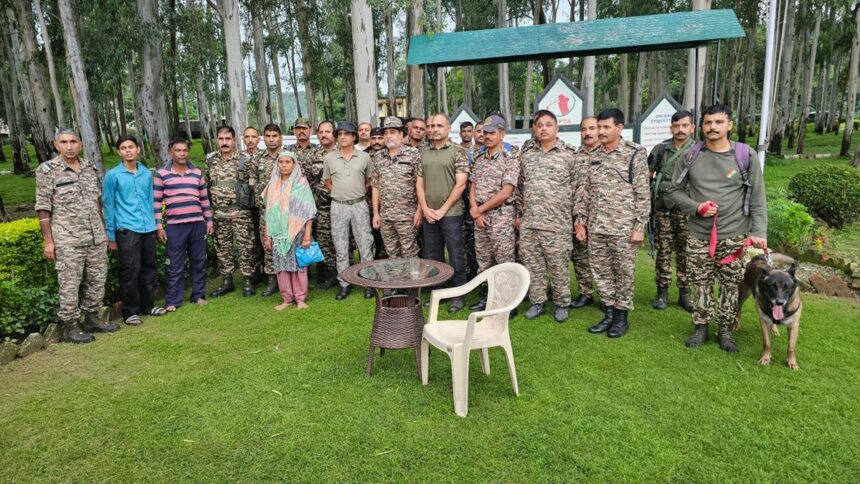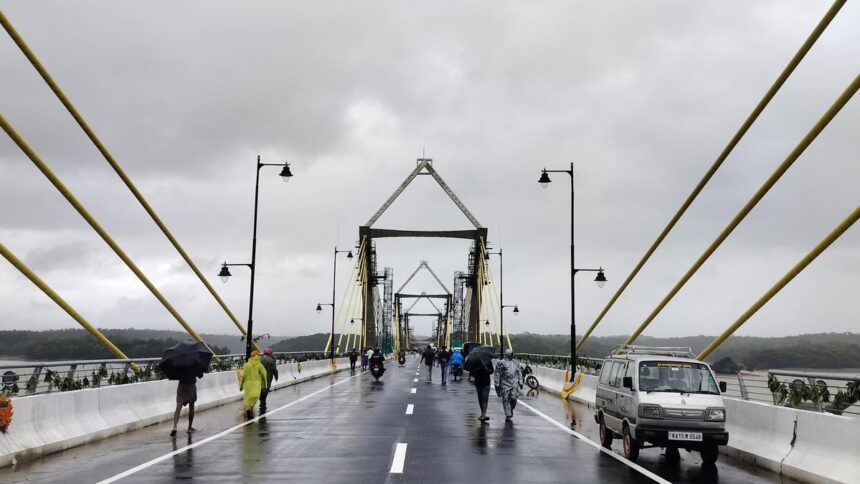The deletion of 65 lakh electors from Bihar’s draft electoral rolls has kicked up a row, not only in the northern State but also elsewhere. But, in 2009, when Tamil Nadu faced the Lok Sabha election, close to 50 lakh names had been deleted from the rolls. Yet, the deletion largely went unnoticed. After the claims for inclusion and exclusion were processed during the revision of the rolls for the 2009 Lok Sabha election, the strength of electors was down by around 49.8 lakh, compared with the 2006 Assembly election. In fact, the decline in the size of the electorate lasted between 1999 and 2009. Since then, the number of electors started going up till the 2021 Assembly election. Thereafter, there has been a fall. When the State went to the Lok Sabha election in 2024, the electors were around 5.38 lakh fewer than what they were in 2021. It may be mentioned here that the last special intensive revision was carried out in the State during 2002-2005.
Several factors
Asked in January 2011 to explain the reasons for such a large-scale deletion in 2009, Naresh Gupta, who was the Chief Electoral Officer between 2005 and 2010, cited a number of factors, including the deletion of multiple entries. An intensive door-to-door verification of the voters was carried out immediately after the 2006 election for the preparation of the rolls with the images of voters — called photo electoral rolls. About eight months before the 2009 election, Gupta, who passed away in April 2023, warned District Election Officers against deletion of names “under political pressure or influence”.
Another official, who served the Election Commission (EC) around the time, explains, “Normally, over a period of time, the rolls get bloated because of additions on account of change in residence and death, but without the corresponding deletions. And whenever the EC launches periodic drives for cleaning up the rolls, deletions occur.”
Electoral rolls.
| Photo Credit:
Varadhan
In 2009, the AIADMK and its allies, including the MDMK, secured only 12 out of the 39 Lok Sabha seats as against 27 bagged by the DMK-led coalition. They had trained their guns mainly on electronic voting machines (EVMs). The AIADMK, which had even alleged that EVMs were rigged, wanted the EC to revert to ballot paper. It was only nine months later that AIADMK senior leader M. Thambi Durai had represented to the EC about the deletion of about 42,000 names in the Pennagaram Assembly constituency, where a by-election was held in March 2010.
But the issue of deletion cropped up even during the 1999 Lok Sabha election. At that time, as in 2009, the AIADMK-led front won in 14 constituencies and the DMK and its partners in 25. AIADMK general secretary Jayalalithaa said irregularities were not restricted to the use of EVMs. The names of several AIADMK supporters were missing from the rolls, according to a report of The Hindu on September 12, 1999. Compared with the 1998 figures, the strength of electors in 1999 fell by about 21.56 lakh. Tamil Maanila Congress (Moopanar) founder G.K. Moopanar, who had faced the election independent of the major Dravidian parties and in the company of smaller parties, alleged that in certain areas of Chennai, a large chunk of voters had not been included in the rolls. However, it was in 2004 that the issue of deletion figured prominently, though the net deletion was about 2.26 lakh names as against the 2001 position. Scores of voters, who had elector photo identity cards (EPICs), complained that their names were deleted.
Cell opened to handle complaints
Responding to this development, the office of Tamil Nadu CEO, on May 12, 2004, opened a cell to look into such complaints. The Hindu invited its readers to send their complaints to it for being submitted to the election authorities. As the further acknowledgement of the seriousness of the complaints, the EC asked Kerala CEO P.J. Thomas to hold a probe into “large-scale omission or deletion” of names, especially in Chennai and Madurai districts.
On June 18, the then Editor-in-Chief of The Hindu, N. Ram, handed over a categorised list of instances of deletion of names to Tamil Nadu CEO Mrutyunjay Sarangi and Mr. Thomas. According to the inquiry officer, as on June 14, 20,654 complaints had come in from districts. The list, compiled by The Hindu, included 5,892 individual cases of deletion, and three complaints of large-scale deletion of names totalling about 900 cases. A day later, a delegation of the AIADMK, which included the then Ministers for Finance and Public Works, C. Ponnaiyan and O. Panneerselvam respectively, had handed over a memorandum to Mr. Thomas, alleging deletion of nearly 30 lakh names. But the DMK’s memorandum did not specify any figure, though the party too referred to deletion. In the 2004 Lok Sabha election, the DMK-led front netted all the seats, whereas the AIADMK drew a blank. According to an item published on October 20, 2004, the report, submitted by Mr. Thomas to the EC, blamed State government officials for “their failure to conduct the enumeration properly”. It was a sequel to the report that the special intensive revision of rolls was done in 37 constituencies in 2005.
Lively discussion
In February 2005, the Assembly had a lively discussion on the issue of deletion. At that time, the DMK’s senior member, Arcot N. Veerasamy, who represented Anna Nagar, had alleged that 18,000 names in his constituency had been left out. Mr. Ponnaiyan claimed that 42 lakh voters had been left out. Chief Minister Jayalalithaa went to the extent of saying that her party would move the Supreme Court for cancellation of the 2004 election results. However, nothing much was heard later. But what the State witnessed subsequently pertained to widespread complaints of “stuffing” of applications for inclusion of names. Eventually, in 2006, the State’s electorate went down by about 6.5 lakh, compared with the 2004 figures.
A veteran policy-maker in New Delhi, who has been observing the elections over the years, says the last 10 years saw the development of a centralised database of electors, and identification of duplicate entries across the States is possible in the database. With Aadhaar seeding, though voluntary, the policy-maker hopes the authorities will be able to inch closer to the goal of having error-free electoral rolls.
Published – August 29, 2025 09:00 am IST




